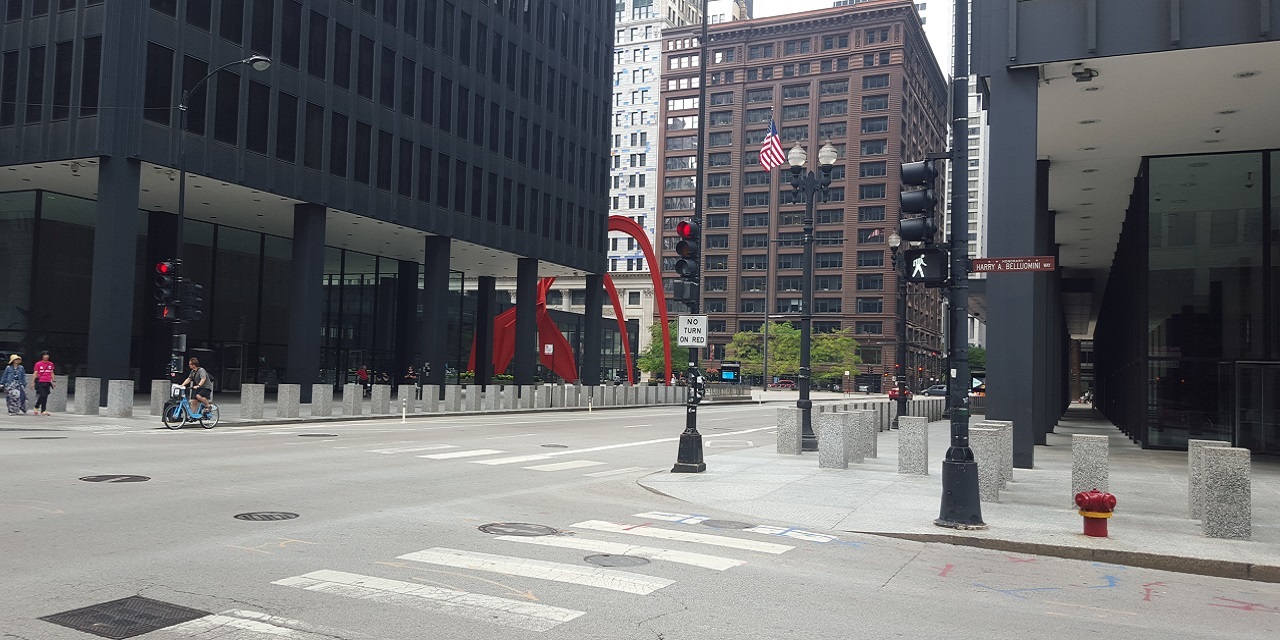A legal dispute, in which one diamond wholesaler allegedly falsely accused another of fraud, has ended in a settlement to resolve a potential multi-million dollar defamation lawsuit, amid accusations the plaintiff in the original fraud suit was acting in coordination with an attorney facing a racketeering action over claims he has participated in an alleged scheme to use alleged fraud lawsuits to allegedly pressure jewelers into settlements.
On Aug. 17, a Chicago federal judge signed off on the settlement deal between diamond wholesalers David Cohen and Ofer Mizrahi. The case was terminated on Aug. 20.
The notice of voluntary dismissal filed in the U.S. District Court for the Northern District of Illinois does not discuss or specify the terms of the dismissal.
However, in a letter to the Cook County Record, an attorney for Mizrahi said the settlement included a “full retraction and apology for all claims made” by Cohen against Mizrahi in an initial lawsuit filed in Cook County court.

Peter Lubin DiTomasso Lubin
The matter had landed first in the courts in January, when Cohen, through his attorney David Hammervold, of Nashville, Tenn., filed a complaint accusing Mizrahi of selling him a diamond without informing Cohen the diamond had been internally laser drilled, was thus worth less than he had been led to believe.
Cohen had demanded at least $1.5 million in damages in that action.
That case was also ultimately settled and dismissed with prejudice on Aug. 15, but not before Mizrahi through his attorney, Peter Lubin, of the firm of DiTommaso Lubin, PC, of Oakbrook Terrace, asked the judge in June to sanction Cohen and his attorney for bringing the lawsuit in the first place.
In that motion for sanctions, Mizrahi’s attorney said the lawsuit was brought in an effort to “extort” a settlement from Mizrahi, after a customer of Mizrahi’s decided to directly deal with Mizrahi, rather than use Cohen as a “second middleman,” exacerbating what Mizrahi said was Cohen’s declining business, which “was losing tens of thousands of dollars a year” before the incident at the heart of Cohen’s lawsuit.
Later in June, Mizrahi followed his Cook County court motion for sanctions with a defamation lawsuit filed in Chicago federal court.
In that lawsuit, again filed through attorney Lubin, Mizrahi detailed accusations against Cohen and his attorney, Hammervold, who they said is accused in a separate action pending in federal court in the U.S. Fifth Circuit of participating in an “extortion ring” in which the lawyers “allegedly use the lawsuits they file as a jumping off point to begin defamatory smear campaigns against … jewelers’ businesses” to secure settlements that pay the lawyers “contingency fees.”
In the defamation lawsuit, Mizrahi accused Cohen and Hammervold of using “these same tactics” in the Cook County case, including issuing a “defamatory press release” which was “eventually picked up by both national and international media outlets,” accusing Mizrahi of harming his business.
“In fact, there were no lost reputation damages and thus there could not possibly be punitive damages of anything more than a few thousand dollars and certainly not the $1.5 million falsely represented by Cohen,” Mizrahi asserted in his defamation complaint.
In the defamation lawsuit, Mizrahi had requested actual damages of at least $2 million, and punitive damages of at least $6 million.
 Chicago Business Litigation Lawyer Blog
Chicago Business Litigation Lawyer Blog







